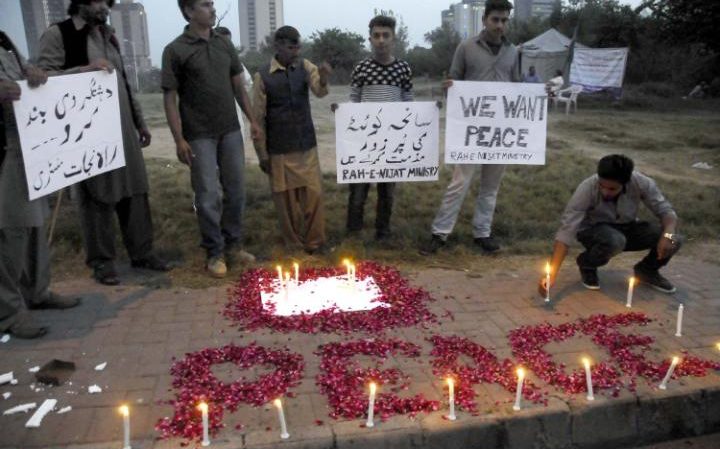Isil claimed the attack on Tuesday, releasing photos of three men it said had carried out the attack.
At least 120 people were injured in Tuesday’s terror strike, carried out by three suicide bombers. It was the deadliest such assault on a security base in Pakistan’s history.
Pakistani authorities said phone intercepts proved LeJ Al-Alami were behind the attack, disputing Isil’s involvement. But LeJ Al-Alami, a banned Sunni militant organisation set up in 1996 which has claimed responsibility for killing hundreds of Pakistani Shias, has previously been linked with Isil.
Several of its leaders were killed by Pakistani security forces in Muzaffargarh last July amid reports it was moving closer to the so-called “caliphate”, which shares its anti-Shia ideology and has used sectarian hatred to cultivate support in the Middle East.

